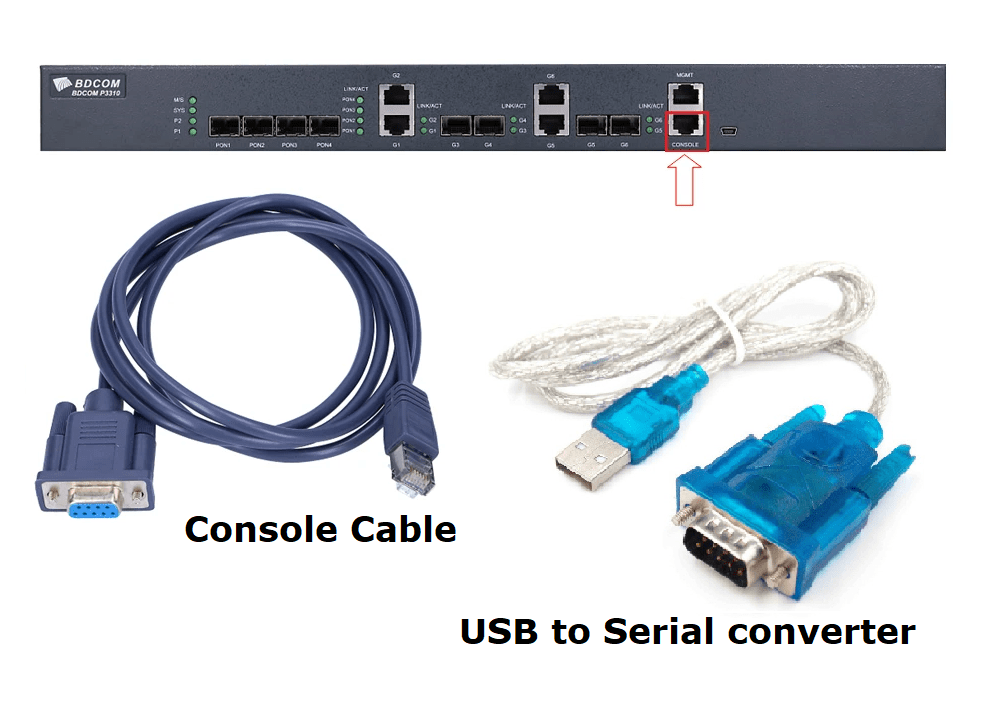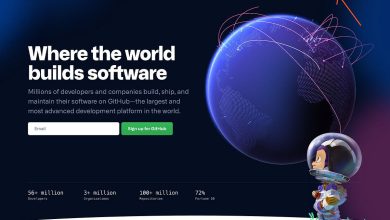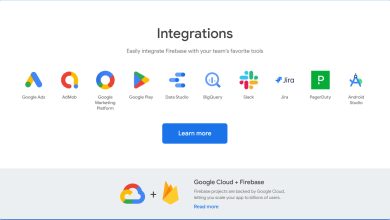

APIs simplify design and development of new applications and services, and integration and management of existing ones. But they offer other significant benefits to developers and organizations at large.
Improved collaboration. The average enterprise uses almost 1,200 cloud applications (link resides outside IBM.com), many of which are disconnected. APIs enable integration so that these platforms and apps can seamlessly communicate with one another. Through this integration, companies can automate workflows and improve workplace collaboration. Without APIs, many enterprises would lack connectivity, causing information silos that compromise productivity and performance.
Accelerated innovation. APIs offer flexibility, allowing companies to make connections with new business partners, offer new services to their existing market, and, ultimately, access new markets that can generate massive returns and drive digital transformation. For example, the company Stripe began as an API with just seven lines of code. The company has since partnered with many of the biggest enterprises in the world, diversified to offer loans and corporate cards, and was recently valued at USD 36 billion (link resides outside ibm.com).
Data monetization. Many companies choose to offer APIs for free, at least initially, so that they can build an audience of developers around their brand and forge relationships with potential business partners. If the API grants access to valuable digital assets, the business monetize it by selling access. This is referred to as the API economy. When AccuWeather (link resides outside ibm.com) launched its self-service developer portal to sell a wide range of API packages, it took just 10 months to attract 24,000 developers, selling 11,000 API keys and building a thriving community in the process.
System security. APIs separate the requesting application from the infrastructure of the responding service, and offer layers of security between the two as they communicate. For example, API calls typically require authentication credentials; HTTP headers, cookies or query strings can provide additional security during data exchange and an API gateway can control access to further minimize security threats.
End-user security and privacy. Just as APIs provide added protection within a network, they can also provide another layer of protection for personal users. When a website requests a user’s location, which is provided via a location API, the user can then decide whether to allow or deny this request. Many web browsers and mobile operating systems, like iOS, have permission structures built-in when APIs request access to applications and their data. When the app must access files through an API, file systems such as windows, Mac and Linux use permissions for that access.







